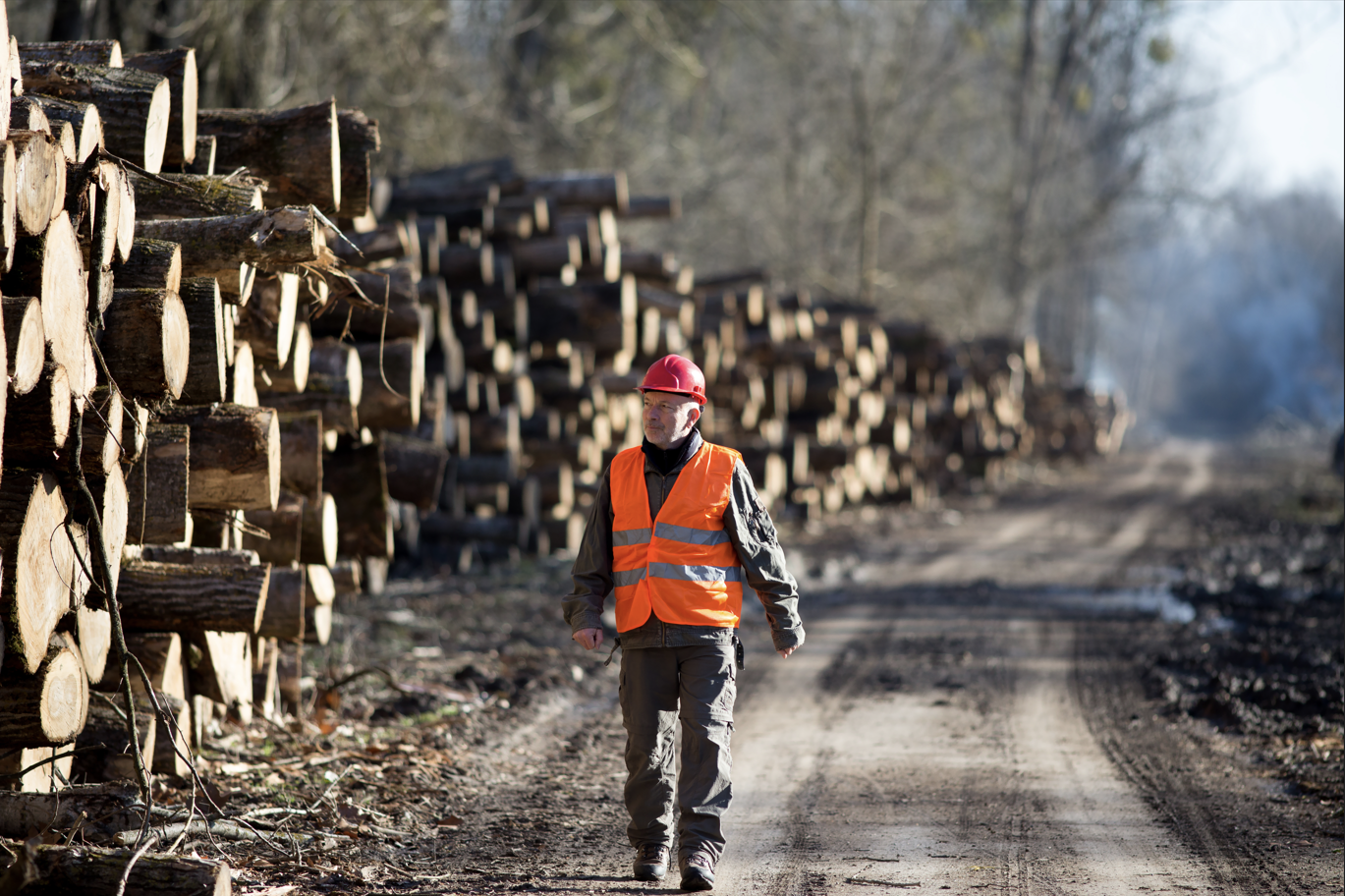FPAC Sees Biomass Investment Tax Credits and Regulatory Efficiency Commitments as Key to Improving Competitiveness for the Long-Term
Forest Products Association of Canada (FPAC) put forward 19 practical recommendations for Budget 2025 focusing on three areas where immediate federal action can make a tangible difference:
- Smarter regulation to improve competitiveness;
- Clear signals to improve investment confidence; and
- Stronger trade and market access measures to protect Canadian jobs.
Canadian forestry directly employs over 200,000 Canadians and supports an additional 200,000 jobs in transportation, maintenance, and manufacturing across the country. Hundreds of rural and northern communities depend on a strong forest sector.
The Government of Canada’s $1.25 billion softwood package is welcome support for the immediate term, but finding a path to a more certain trading arrangement with the United States remains the Canadian forest sector’s top priority.
“Lumber must remain a priority at the negotiating table. It’s critical to not only lumber manufacturers but to every single employee across Canada’s forest sector value chain,” said FPAC President and CEO Derek Nighbor. “And we must ensure that employee and business supports flow in a sufficient and timely way in the interim, so our people and communities are protected,” he added.
The inclusion of Investment Tax Credits (ITCs) for biomass projects in Budget 2025 is a welcome, long-overdue step for Canada’s forest sector. After years of uncertainty, the measure offers a starting point to restore investor confidence, but its impact will depend on how quickly and clearly the federal government follows through.
Biomass projects give new life to forest residuals — materials like bark, sawdust, and wood chips — by turning them into reliable, locally sourced energy. With the right tax measures in place, these projects can modernize mill operations, sustain and grow jobs in rural and northern communities, and strengthen Canada’s position as a secure producer of renewable energy.
FPAC also welcomed commitments to address regulatory duplication and confusion between federal and provincial governments and stands ready to work with the federal government on the affordable housing agenda, sector innovation, and product and export market diversification.
About FPAC
FPAC provides a voice for Canada’s wood, pulp, and paper producers nationally and internationally in government, trade, and environmental affairs. As an industry with annual economic activity exceeding $87.2B, Canada’s forest products sector is one of the country’s largest employers—providing 200,000 direct jobs and operating in hundreds of communities across the country. Our members are committed to collaborating with Indigenous leaders, government bodies, and other key stakeholders to develop a cross-Canada action plan aimed at advancing forest health, while supporting workers, communities and our environment for the long term.










.jpeg)

